Table of Contents
5 Paragraphs Based on Festivals and Occasions:
The Diwali:
India is known for its festivals. One such festival is Diwali. It is an important Hindu Festival. It is celebrated in the memory of Lord Rama’s return to Ayodhya from exile. The people gave him hearty welcome. They lit earthen lamps. To commemorate that event, we light our houses. Literally, Diwali means ‘a row of lights’. Diwali is considered an auspicious occasion. Days before, the houses, shops are thoroughly cleaned and even white-washed. New utensils are also brought. Sweets are enjoyed. The children explode crackers and let off fireworks. God Ganesh and Goddess Lakshmi have worshipped for prosperity. Some people gamble. It must be given up.
The Dussehra:
The Dussehra is celebrated in memory of Lord Rama’s victory over Ravana. It signifies the victory of good over evil. It is, however, celebrated in different ways in different parts of India. In Northern India, celebrations continue for ten days. The story of Lord Rama is staged in the form of Ram Lila. The procession is taken out to celebrate the marriage of Rama and Sita. All the route is highly decorated. On the tenth day, a grand fair is held in the open ground. The three big effigies of Ravana, Kumbhkarana and Meghnath are set. Crackers are put inside them. Rama shoots arrows and the crackers explode. People watch the burning of the effigies with wonder.
The Holi:
The Holi is the festival of the spring. It brings the message of new hope. New leaves appear on the trees. Beautiful flowers and green grass make their appearance. It is celebrated in a funny way. People start the day by dancing and singing. Groups of people move about in streets with syringes of coloured water. They throw it on the passers-by. The children throw balloons of coloured water at the people. Everyone whether young, old, man, or woman, rich or poor, takes a great interest in playing Holi. We should bear in mind the spirit of the festival. We should not throw water at unknown people. Let us enjoy the festival of colours in true spirit.
Independence Day Celebrations:
India got independence on August 15, 1947, from the British Yoke. It is celebrated in every village, town and city of India. It is also celebrated in our embassies in foreign countries. It has special importance for Delhi, the capital of India. It is celebrated in front of the Red Fort. The Prime Minister of India unfurls the national flags and take a salute. He delivers a speech emphasizing the importance of the national unity and integrity of India. He reminds the people of the great sacrifices made by the Indian leader to achieve independence. Every State Capital also celebrates this occasion. The Governor or some other State dignitary unfurls the national flag. Our school also celebrates this occasion. It reminds us of the martyrs. It reminds us of the responsibility we owe to the nation.
Republic Day Celebrations:
India became a Republic on 26th January 1950. Republic means a state whose head is elected by the people. Like Independence Day, Republic Day is also celebrated in every village, town and city of India. It is celebrated at the national level at the India Gate in Delhi. The President of India unfurls the national flag and takes a salute. People from all parts of the country come to watch the show. Others sit in their houses before their televisions. The Republic Day procession starts at 8:00 a.m. About 10,000 persons from the Army, Navy and Air Force take part in the process. The best armaments are shown. Contingents of N.C.C., A.C.C., Boy Scouts and Girl Guides also follow. Pageants from all the States of India also take part. They display their peculiar cultural heritage. Teams of students from different schools display their typical items. Our Principal hoists the national flag in the school. We bow our heads to those who sacrificed their lives for Mother India. Buildings are illuminated at night.
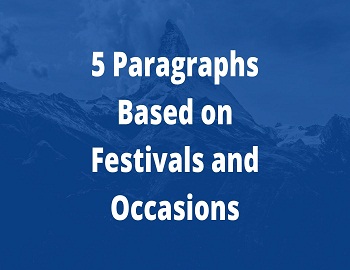


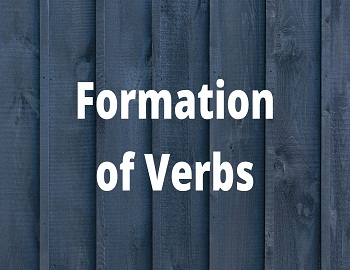
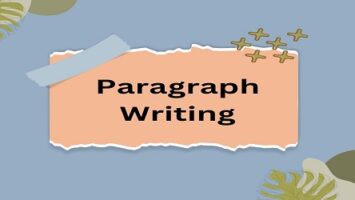
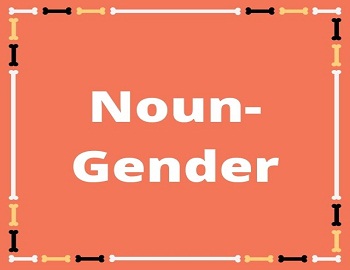
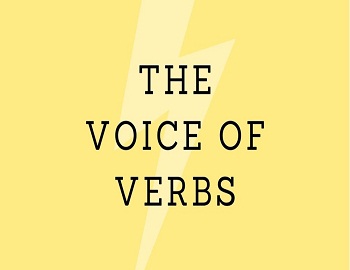

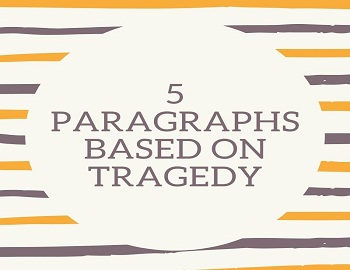
Comments (No)